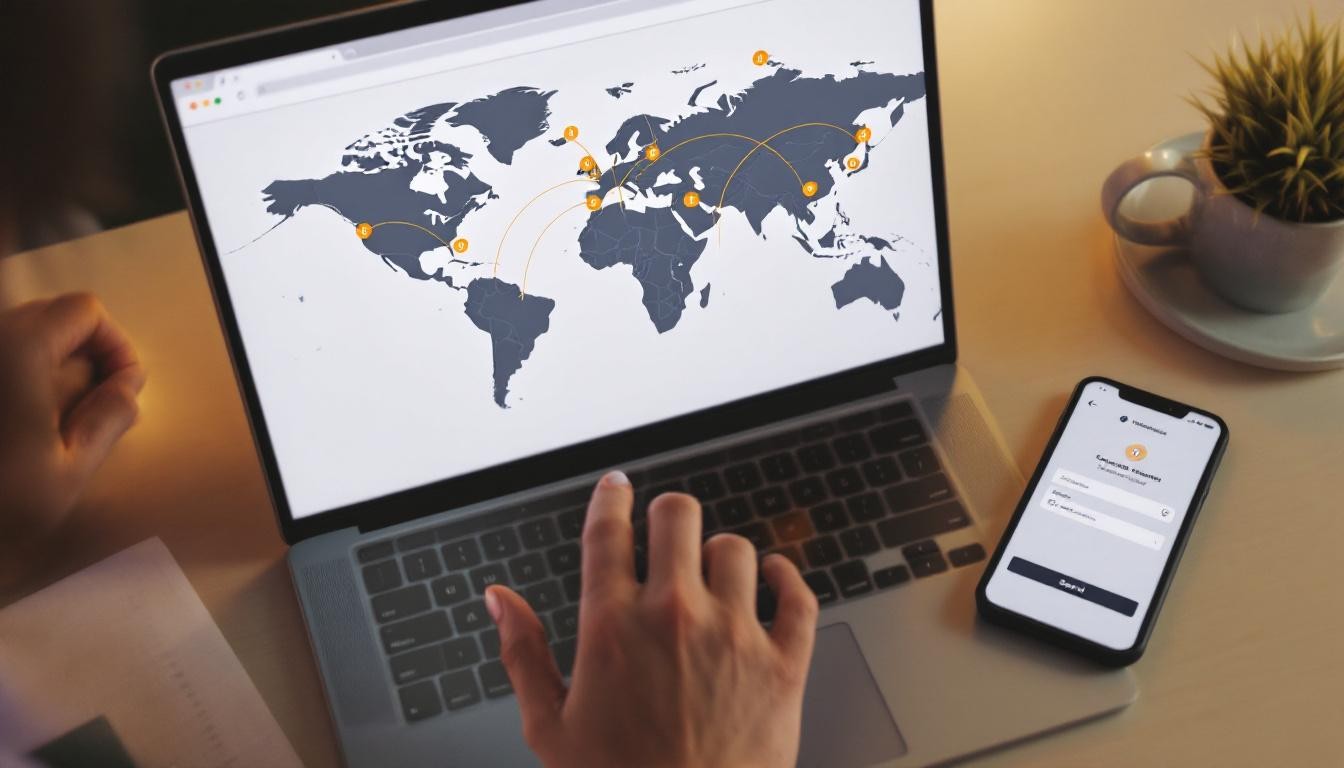Corporate Privacy on Public Blockchains is a crucial topic for enterprises looking to adopt decentralized technologies while maintaining data confidentiality. In a recent episode of the Real World Blockchain podcast, Paul Brody, Global Blockchain Leader at Ernst & Young (EY), shared insights on how businesses can integrate blockchain solutions securely and efficiently. From zero-knowledge proofs to enterprise blockchain applications, Brody highlighted the evolving landscape of blockchain adoption for corporations.
The Journey into Blockchain
Paul Brody’s journey into blockchain began at IBM, not through cryptocurrency, but via the Internet of Things (IoT). As vice president of IBM’s electronics industry business unit, he explored distributed computing as a way to reduce cloud computing costs for connected devices. This eventually led him to blockchain and Ethereum, recognizing its potential for automating and securing transactions.
EY’s Blockchain Innovations
Ernst & Young has been actively developing blockchain tools to help enterprises manage digital assets securely. Brody highlighted key projects, including:
- Blockchain Analyzer: A tool designed to audit crypto exchanges by verifying customer transactions and asset holdings on public blockchains.
- Smart Contract Security Testing: A dedicated security team in Tel Aviv that rigorously tests smart contracts for vulnerabilities, ensuring reliability in enterprise applications.
Zero-Knowledge Proofs for Business Privacy
One of the main challenges businesses face when using public blockchains is protecting sensitive transaction data. Brody explained how zero-knowledge proofs (ZKPs) allow enterprises to verify transactions without revealing underlying details. This innovation enables secure and private business logic execution on Ethereum.
Blockchain vs. Traditional Banking
Brody compared centralized financial systems to decentralized blockchain networks. While traditional banking remains efficient for simple transactions, blockchain technology excels in complex, multi-party agreements. Smart contracts help automate business rules, such as penalties for late payments or volume-based discounts, reducing operational costs.
Future of E-Commerce and International Trade
Blockchain’s impact extends beyond finance, with potential applications in international commerce. Brody noted that blockchain can help businesses in regions with high inflation and banking restrictions by enabling stable, cross-border transactions through tokenized assets.
Industry Collaboration and Open-Source Solutions
Brody emphasized the importance of industry collaboration through initiatives like the Enterprise Ethereum Alliance (EEA), where businesses can work together on blockchain standards. He also highlighted EY’s commitment to open-source blockchain solutions, ensuring accessibility and innovation for enterprises.
Conclusion
Paul Brody’s insights shed light on how enterprises can leverage blockchain while addressing privacy concerns. By adopting tools like zero-knowledge proofs and smart contract security measures, businesses can confidently transition to decentralized solutions. As blockchain technology continues to evolve, its role in global trade, finance, and enterprise operations will only expand.
For more details, watch the full episode: Real World Blockchain Podcast.
See the Original Podcast: Bringing corporate privacy to public blockchains with Paul Brody from Ernst & Young









